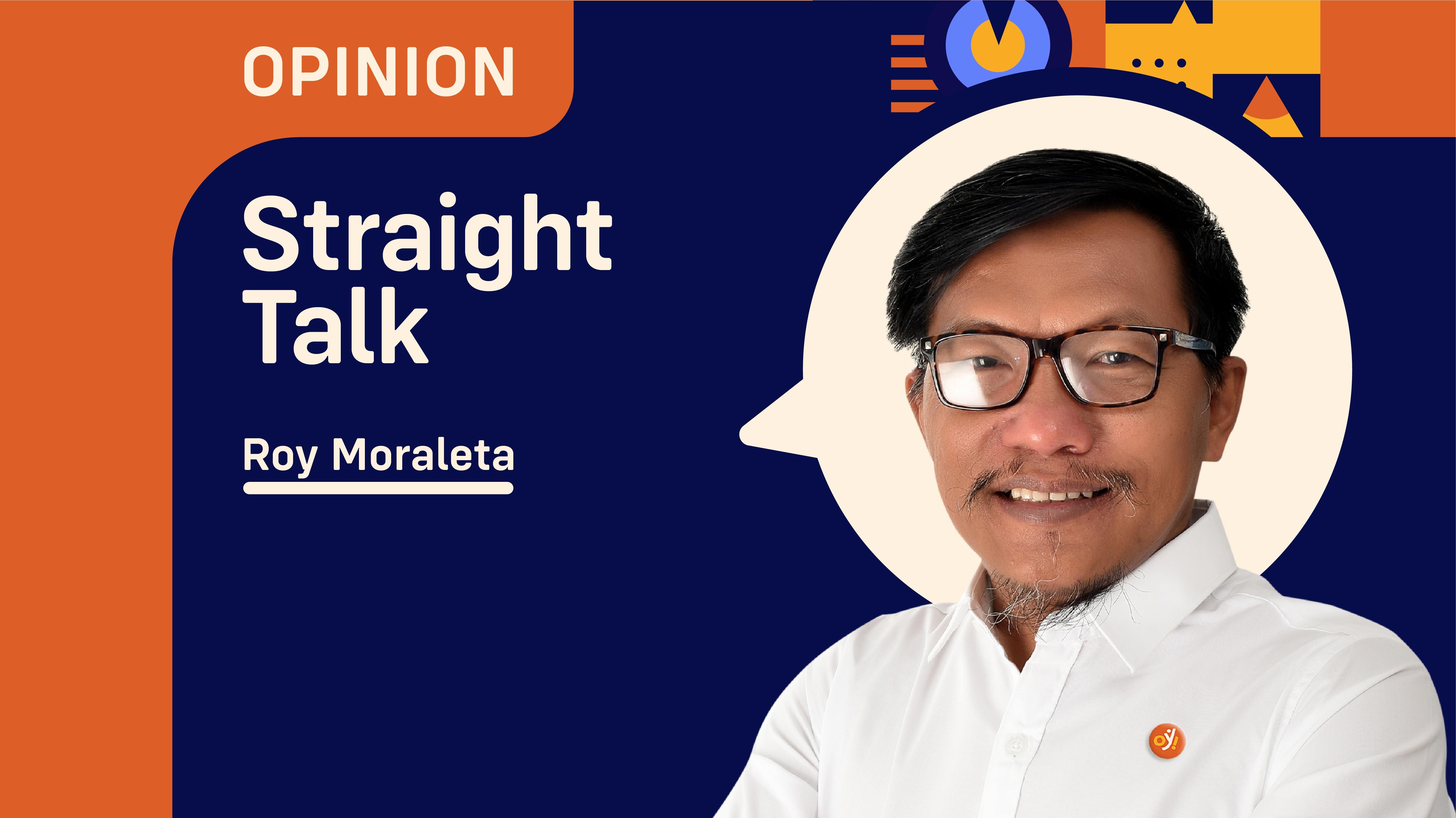In this complex and profoundly pragmatic secular world, truth seems relative.
For instance, what was shunned as immoral of a lifestyle LGBTQ was, and anything associated with it, for literally hundreds of years then, is now a widely regarded norm.
This cultural evolution apparently tells that society’s definition of morality and truth need not necessarily be definite. That it can evolve through time.
That what may be considered immoral in today’s culture may be regarded as moral by tomorrow. What maybe inherently decent today may be considered inherently evil in a not-so-distant future.
But that is not to say however that morality and truth in fact are necessarily relative.
Rather, it’s the fabric of culture on peoples that is – their understanding of what morality and truth is to their point of view.
So, is it necessarily incumbent that forbears of morality and truth should be able to irreproachably live out what supposedly in essence morality and truth is?
If at all they must impart and pass on to the next its unchangeable definiteness? Hence, preserve the fabric of morality in the cultures of people through time?
Not necessarily true. Because even if humanity time and again will be overwhelmed by shifting cultures and cascading virtues, morality and truth remains absolute.
Apparently however, that is not the case to this highly secular world we live in at present. Morality and truth are only definite if it is convenient, and they quickly become relative if it contradicts a purpose.
That is why it is appalling and outrageously ridiculous for people to use as measure stick morality and truth in the exercise of politics.
While the matter certainly should influence our kind of democracies, in order for it to remain vigorous and robust, it need not necessarily be the standard by which democratic countries and people should be measured. Precisely because the very essence of democratic societies is freedom and liberty.
The wide latitude of liberty that people can have in democratic societies can traverse and overstep otherwise established norms and cultures, even redefine morality over time.
In a democracy where number matters, religion can be both robust and irrelevant. Robust primarily because of its living witness and undying conviction in the hearts of its forbears, irrelevant primarily because the heavily polarized public finds it antiquated, obsolete and meaningless, so is its morality.
Hence, let politics be politics and let not the high bar of morality, of which no man has ever live out quite impeccably, cancel people for reasons of their personal individual political choice.
